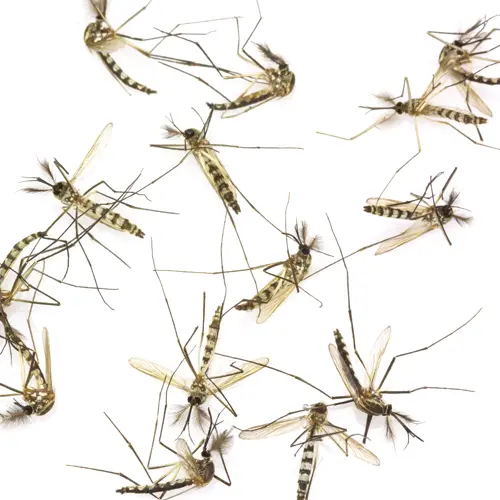The Buzz about Mosquitoes in South Florida
South Florida is known for its beaches, nightlife, and, unfortunately, its pesky mosquitoes. These tiny, buzzing insects can turn a pleasant evening outdoors into an itchy nightmare. Understanding the mosquito situation in South Florida is essential for residents and visitors alike. Let’s look into what makes this region a mosquito hotspot, the different types of mosquitoes you might encounter, and how to protect yourself from these pests.
Why South Florida is a Mosquito Magnet
South Florida’s warm, humid climate creates an ideal breeding ground for mosquitoes. The region’s extensive network of canals, marshes, and swamps provides ample stagnant water, which is perfect for mosquito larvae to thrive. Additionally, the subtropical temperatures mean that mosquito season is practically year-round, with a peak from June to September during the rainy season.
Types of Mosquitoes in South Florida
South Florida is home to several mosquito species, each with its own habits and potential health risks. The most common types include:
- Aedes aegypti (Yellow Fever Mosquito): This mosquito is a carrier of diseases like dengue fever, Zika virus, and chikungunya. Recognizable by its white markings on the legs and a marking in the form of a lyre on the upper surface of its thorax, it often bites during the daytime.
- Aedes albopictus (Asian Tiger Mosquito): Similar to Aedes aegypti, this species also transmits dengue, Zika, and chikungunya. It is distinguished by its black and white striped legs and body. It is aggressive and bites during the day.
- Culex quinquefasciatus (Southern House Mosquito): This mosquito is a primary vector for West Nile virus and other encephalitis viruses. It tends to bite at dusk and dawn.
- Anopheles quadrimaculatus: Known for being the main malaria vector in the United States in the past, this mosquito is more active during dusk and dawn and is identifiable by its resting position with its abdomen sticking up in the air.
Health Risks and Prevention
The health risks associated with mosquito bites in South Florida are significant. Diseases like West Nile virus, Zika virus, dengue fever, and chikungunya can have severe health impacts. Thus, prevention is crucial. Here are some tips to protect yourself:
- Use Insect Repellent: Apply repellents that contain DEET, picaridin, or oil of lemon eucalyptus. Always follow the product instructions for safe application.
- Wear Protective Clothing: Long sleeves and pants can help reduce the number of bites. Light-colored clothing is less attractive to mosquitoes.
- Eliminate Standing Water: Mosquitoes breed in stagnant water. Regularly empty containers like flower pots, buckets, and bird baths. Ensure that gutters are clean and water does not accumulate.
- Use Mosquito Nets and Screens: Sleeping under mosquito nets and ensuring windows and doors have screens can prevent mosquitoes from entering living spaces.
- Stay Indoors During Peak Hours: Mosquitoes are most active during dawn and dusk. If possible, stay indoors during these times.
Mosquitoes in South Florida Control Efforts
South Florida’s local authorities, such as the Miami-Dade Mosquito Control Division, work tirelessly to manage mosquito populations. Their efforts include:
- Surveillance and Monitoring: Regular monitoring of mosquito populations and virus activity.
- Larviciding and Adulticiding: Applying treatments to water bodies to kill mosquito larvae and spraying insecticides to reduce adult mosquito numbers.
- Public Education Campaigns: Informing residents about prevention measures and how to reduce breeding sites around homes.
Conclusion
Mosquitoes in South Florida are part of life, but with the right knowledge and precautions, their impact can be minimized. By understanding the types of mosquitoes, the risks they pose, and how to protect yourself, you can enjoy the beautiful outdoors with fewer worries. Stay informed, stay protected, and enjoy the sunny South Florida without the buzz.
If you have a mosquito problem, don’t hesitate to contact Hannan Environmental Services or click here for a FREE no-obligation quote today! You can also learn more about Hannan on Facebook.


